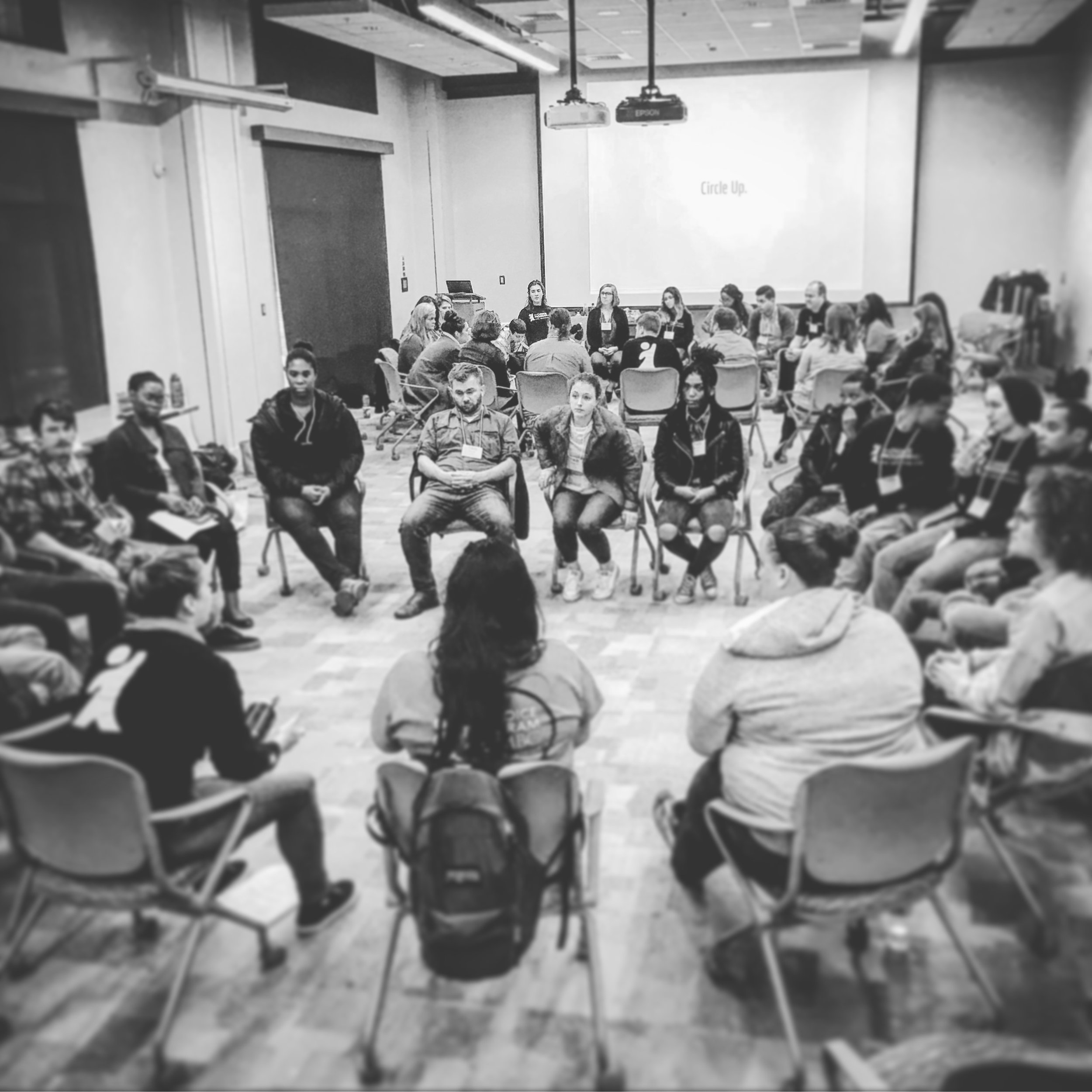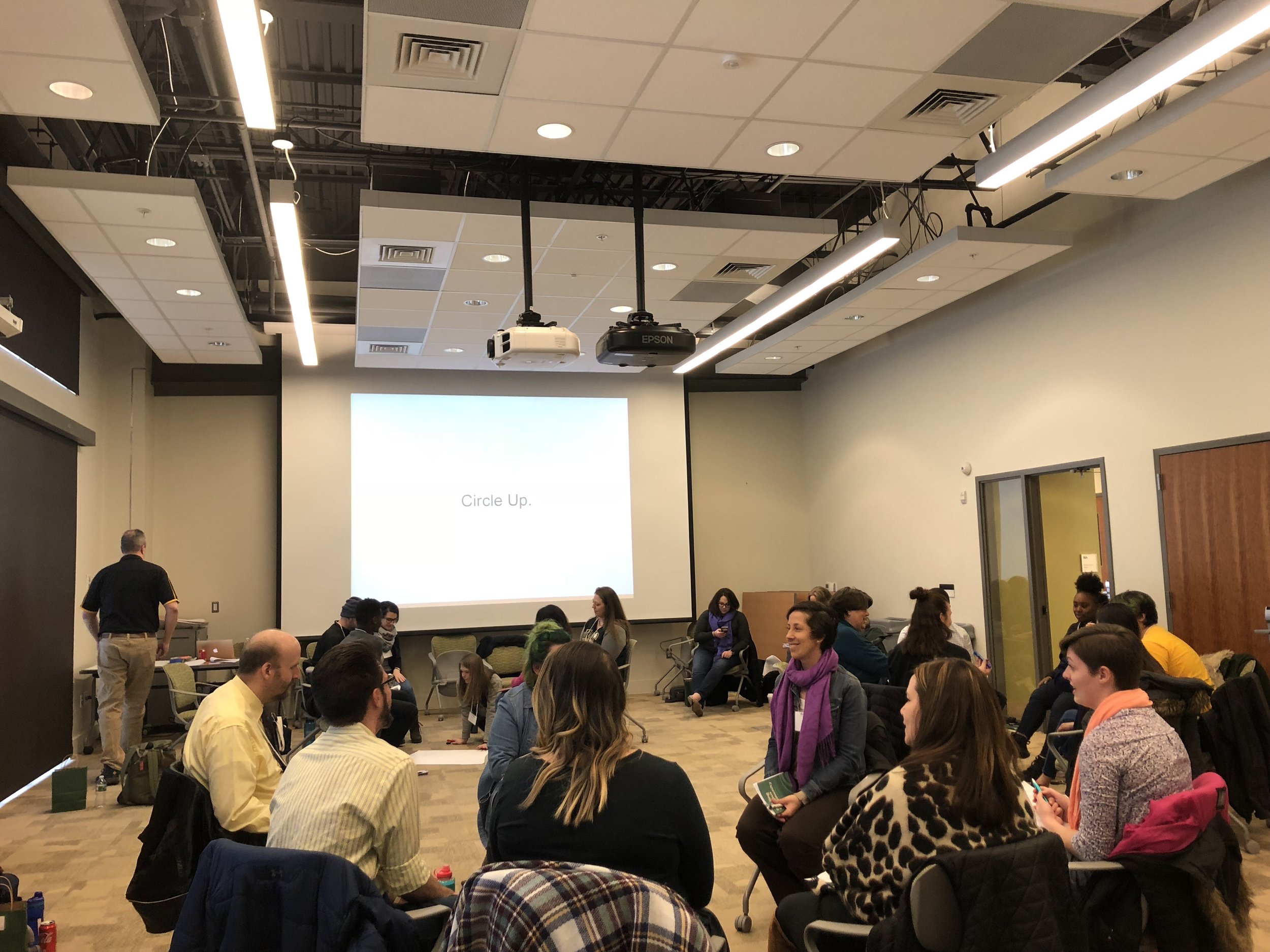
This section provides information, artifacts and student reflections on the courses I teach, my advising and supervision.
-
Various steps in conducting research projects, from statement of the problem to final analysis of data, with focus on procedures used to study crime and criminal justice. Emphasis on the research techniques and the ethical issues involved.
-
Micro-level examination of legal issues and issues of crime and violence, including prevention, treatment and punishment on the college campus.
-
Introduction to conflict analysis and resolution. Understanding, assessing, and remedying the causes and dynamics of social conflict. Topics include conflict resolution in leadership, supervision and management as well as law enforcement and corrections.
-
I teach this course for both undergraduates and graduate students.
Undergraduate course: Theory and research of restorative justice practice including victim-offender mediation, community conferencing, and peacemaking circles; how restorative justice reframes traditional notions of justice in the criminal context.
Graduate course: This course will address the application of restorative justice/restorative practices to community leadership frameworks. Restorative practices is a relational framework grounded in interdisciplinary theories and collective processes. When used to create spaces for engaged learning, inclusive decision-making, and social capital building, restorative practices has the potential to transform communities and systems by allowing community members to maintain and sustain relationships even when harm has occurred.
-
Artifacts I’ve collected through supervising and advising graduate students in a project-based educational experience on designing and executing education research.
Legal Issues/Campus Violence:
[The class is] practical. It has true value outside of the classroom which is something I am extremely grateful for. So I definitely would recommend this class if you want instruction that goes beyond the classroom.”
Research Methods:
I would recommend because I developed a personal relationship with professor M. I enjoyed hearing different perspectives.
Conflict Resolution:
“I enjoyed the flow and the feeling of the class, instead of a traditional teacher-student feeling, everything felt equal and while I acknowledged she was the professor at the end of the day, I felt like I had the right to speak freely and not be locked under that state of fear of being in classroom.”
Research Methods:
Her lecturing style has to be my favorite thing about this course. Using PowerPoint slides as her medium for sharing the knowledge she was very interactive with the class. She often pauses to ask questions and reinforce the concepts. She will not continue class until at least one person can answer her questions.



